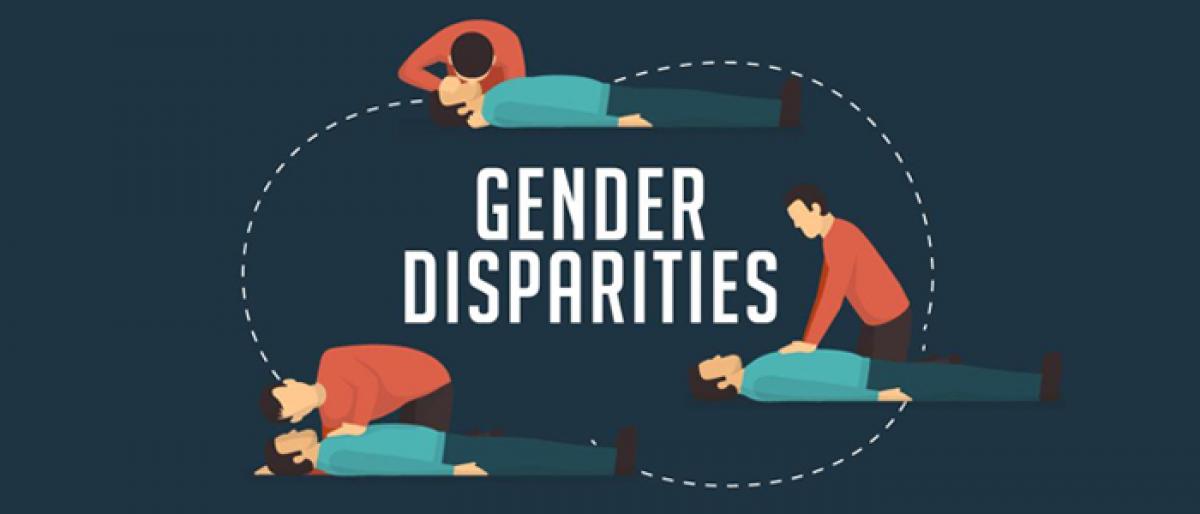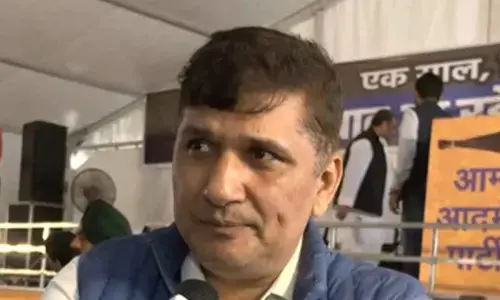Why women are less likely to receive CPR from bystanders

Bystanders are less likely to perform Cardiopulmonary Resuscitation CPR on women even virtual women than on men who collapse with cardiac arrest, according to two latest studies
New York: Bystanders are less likely to perform Cardiopulmonary Resuscitation (CPR) on women -- even "virtual" women -- than on men who collapse with cardiac arrest, according to two latest studies.
CPR is an emergency procedure that combines chest compressions often with artificial ventilation in an effort to manually preserve intact brain function.
Previous research has shown women who suffer out-of-hospital cardiac arrest receive CPR less frequently than men, said Sarah M. Perman, Assistant Professor at the University of Colorado in the US.
For the study, the team from the varsity asked 54 people to explain the reason behind women receiving less CPR than men when they collapse in public.
The team found that potentially inappropriate touching or exposure, fear of being accused of sexual assault and fear of causing physical injury were the reasons.
In addition, poor recognition of women in cardiac arrest -- specifically a perception that women are less likely to have heart problems, or may be overdramatising or "faking" an incident and female private parts, breasts make CPR more challenging.
"The consequences of all of these major themes are that women will potentially receive no CPR or delays in initiation of CPR. While these are actual fears the public holds, it is important to realise that CPR is lifesaving and should be rendered to collapsed individuals regardless of gender, race or ethnicity," Perman said.
The findings also revealed that worries about accusations of sexual assault or inappropriate touching were cited twice as many times by men as by women.
In addition, more women mentioned fear of causing injury.
In another study, the team from the University of Pennsylvania in the US tested a novel approach, using virtual reality, to examine bystander's responses to cardiac arrest based on the victim's sex.
They examined 75 participants -- adult volunteers -- who were asked to respond as if they were experiencing a real-life emergency.
For the study, a small man was kept out of sight until participants were in the virtual environment. Then he was placed in the real life where he would collapse in the virtual world, allowing participants to perform CPR or and attach an automated external defibrillator (AED) in the virtual environment while receiving "hands-on" feedback in the real environment.
The findings, presented at the American Heart Association Scientific Sessions 2018, showed that participants in their cohort performed CPR or used virtual reality on female victims less than on virtual male victims.
Regardless of the victim's sex "if you see someone collapse, call 911, begin CPR, and if there is an AED around, use it," said Marion Leary, lead researcher from the varsity.








